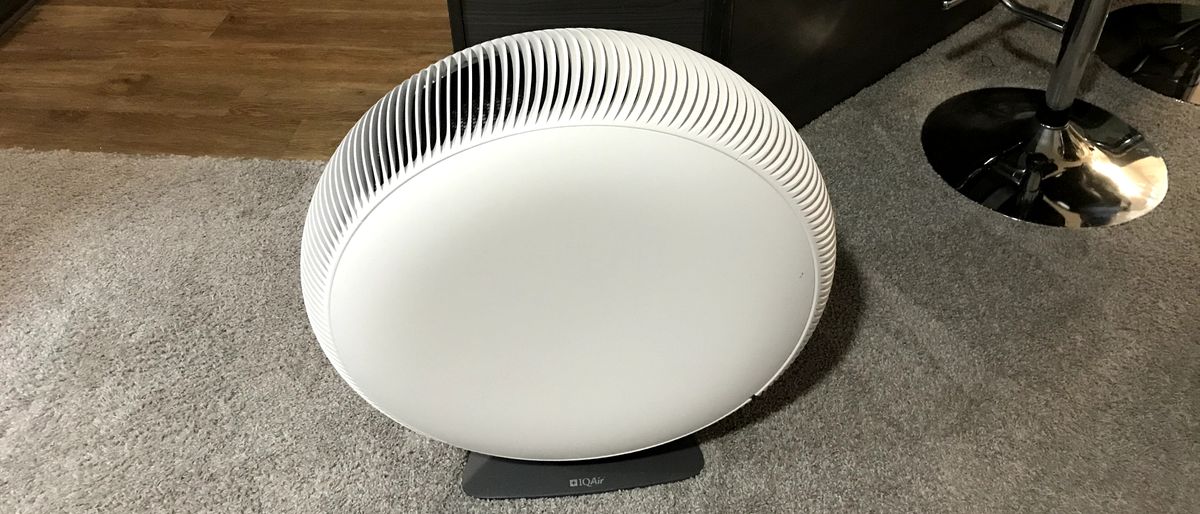Welcome to Show the Receipts, a series where we ask interesting people to share exactly how much it costs to get shit done. No matter the task, we're tracking every last dollar from start to finish. Up next: deciding if you want to be a parent.
As she entered her 30s, Annica Bauer started to think she didn't want to become a mom. She's always loved kids — she's a schoolteacher for 11- to 14-year-olds, after all, plus she's close to her eight nieces and nephews. She even worked as an au pair for a while. But when she thought about starting a family of her own, she just couldn't imagine having the energy to pull it off. "I feel like my everyday is already challenging enough," she tells PS.
Then Bauer met her partner, who initially wanted children himself. Yet over the course of their three-year relationship — during which they looked into fostering a child — he grew more hesitant about parenthood while she got more into the idea. "But I was still going back and forth and questioning my capacity to be a mom," Bauer says.
At one point, she came across the podcast "We Are Childfree" and listened to an episode that interviewed motherhood clarity coach Keltie Maguire. These kinds of coaches help people on the fence navigate their decision through group workshops or one-on-one support. After several months of debating whether it was worth the cost, Bauer felt the mental burden reach a tipping point. "I was thinking about it 90 percent of my day and in every situation being like, 'What would this be like if I were a mom?'" she says. "I decided that I just wanted to spend the money on the biggest decision, possibly, of my life to finally get some clarity."
Here's the breakdown of what it cost.
Task: Deciding whether to be a parent
Age: 36
Job: Teacher
Location: Vienna, Austria
Timeline: Four months
The Receipts
One-on-one coaching: $2,800
Book about motherhood: $15
Total: $2,815
How She Did It
Although Bauer initially considered group workshops on motherhood clarity as a more affordable option, she found those too hard to fit into her schedule. She also wanted more personalized guidance tailored to her individual concerns. So she signed up for a four-month private coaching package, which included eight hourlong sessions and unlimited WhatsApp texts in between. Here, she shares what she's gotten out of the experience and her advice for others interested in motherhood clarity coaching.
PS: Did the cost of motherhood clarity coaching surprise you or make you hesitant?
Annica Bauer: I've done coaching before, so not really. But it took time for me to invest the money — maybe nine months or so. I followed Keltie on social media, I listened to her podcasts, and I really grew confident that she would be someone who could see me, ask the right questions, and just help me gain clarity.
PS: What did you end up getting out of the experience?
AB: A lot more than I thought I would. First off, I realized that I needed to end my relationship with my partner, which I then did after the second coaching session. I still loved him but had been having doubts for a really long time. After that, it was just a very deep digging into what is my desire, what are my fears. I received a lot of questions from her that I couldn't have thought of [on my own] that felt really insightful to think about.
PS: What were certain moments that were particularly enlightening?
AB: What helped me was looking at it with fresh eyes. Part of me wishes that I would have the energy to work and be a mom and entertain friendships and all those things. There's frustration around that. She invited me to look at it more from the angle of an empowerment of, OK, what do I choose to use my energy for?
She also helped me to see that I can look at it like a gradient: One day I walk past the playground and I feel really sad, and the next day I feel relieved. So gaining peace with that. I really made use of being able to contact her between the sessions and just share my thoughts that came up in moments like this.
I especially appreciated that for whatever was the topic of our given session, she'd refer me to a podcast episode. Hearing from all these people who are also child-free and live amazing lives and who consciously made that choice, I don't feel so alone anymore.
PS: Were you ever afraid the coaching might push you in one direction or the other?
AB: I went into the coaching thinking that I did want to be a mom. I was wondering, "OK, she chose to be child-free. How unbiased can she be?" But I felt that she really supported me in either mindset.
PS: Where are you today on your decision?
AB: Throughout the last few weeks, I've had a strong inner development around my decision to remain child-free, returning to where I was before I met my partner, which already felt like a truth that felt right for me. I'm growing into just accepting that that's my path.
The part of me that wants to be a mother is fighting this acceptance, and there's a fear that I might regret it later. But I feel like — and I hope this will turn out to be true — that I've reached a point where I can say that, no, this was actually something I knew already six years ago.
The coaching also helped me look at it from different angles. Not just what do I want, but also how could I best love a child? And for me, I feel like intensifying the relationships with my nieces and nephews and with the kids of friends feels like the best way. So the auntie path, basically.
PS: Who would you recommend motherhood clarity coaching to?
AB: Anyone who is ambivalent or who just has doubts, because I think doubts and fears are important emotional signals, and they have something to say. I mean, I know it's totally normal to embark on the motherhood path with doubts and fears, but I guess to what extent do they come up? And they came up to quite a huge extent for me.
Final Thoughts
While motherhood clarity coaching doesn't come cheap — and isn't exactly covered by insurance — Bauer says it's not only helped her get more in tune with what she really wants but also come to peace with the fact that her path might not look like what our society typically encourages.
She admits that the amount of energy she used to spend trying to come to a decision on her own exhausted her. Now, she feels like she's escaped from the limbo that kept her from moving forward. "I can go into dating and meeting new people with more clarity of what I'm looking for and what kind of life I want to lead," she says. "I can make plans now for my child-free life."
Jennifer Heimlich is a writer and editor with more than 15 years of experience in fitness and wellness journalism. She previously worked as the senior fitness editor for Well+Good and the editor-in-chief of Dance Magazine. A UESCA-certified running coach, she's written about running and fitness for publications like Shape, GQ, Runner's World, and The Atlantic.

 6 months ago
96
6 months ago
96








 English (US) ·
English (US) ·